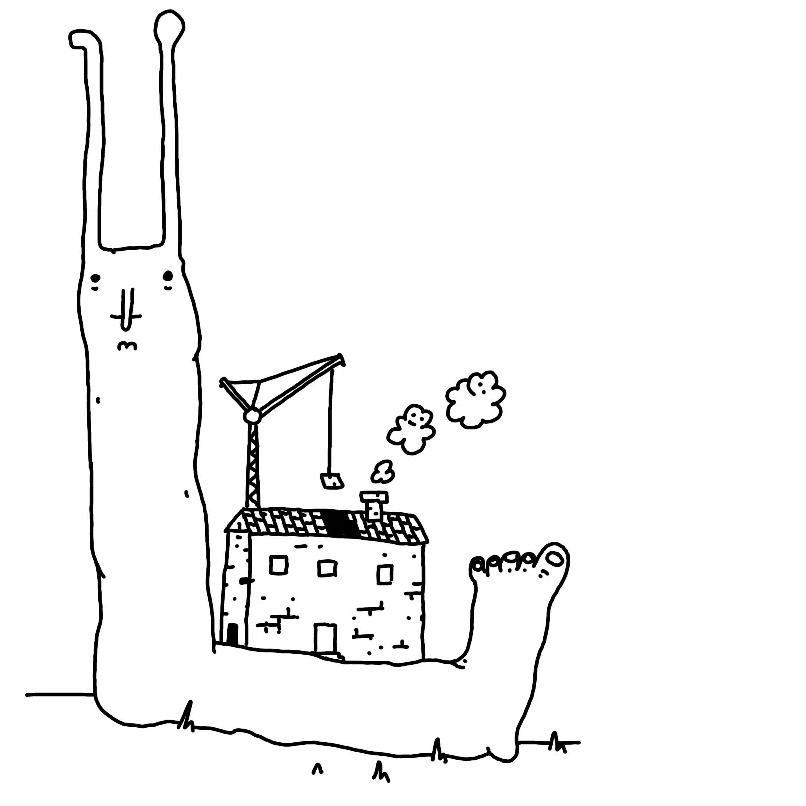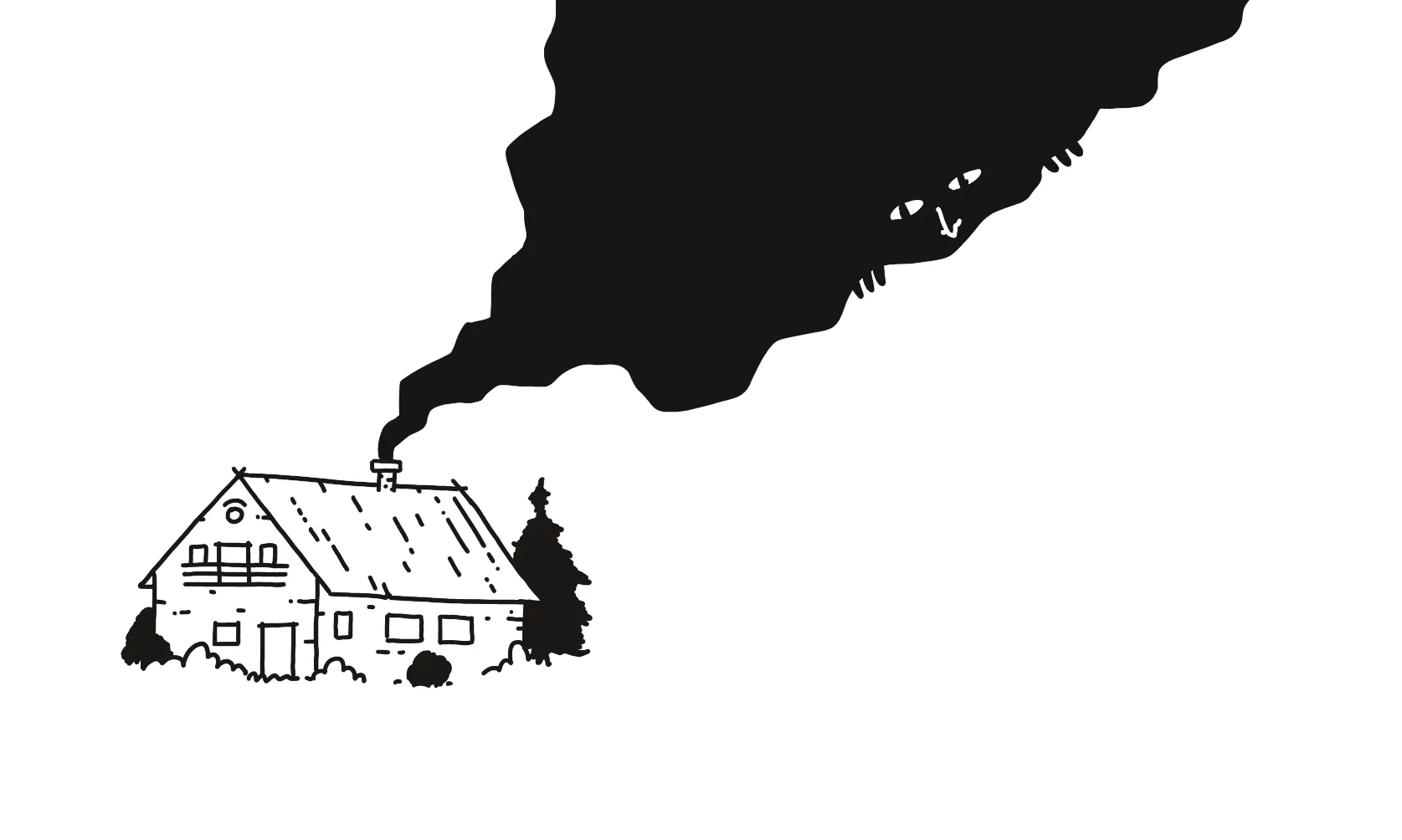I thought I'd share another piece of linguistic trivia, but this time shorter and stolen from the HN comments on Portuguese Orange, Persian Portugal.
Short version
The Romanian word for chainsaw is a borrowing of a Russian (or, more broadly, Slavic) word for friend. Therefore:
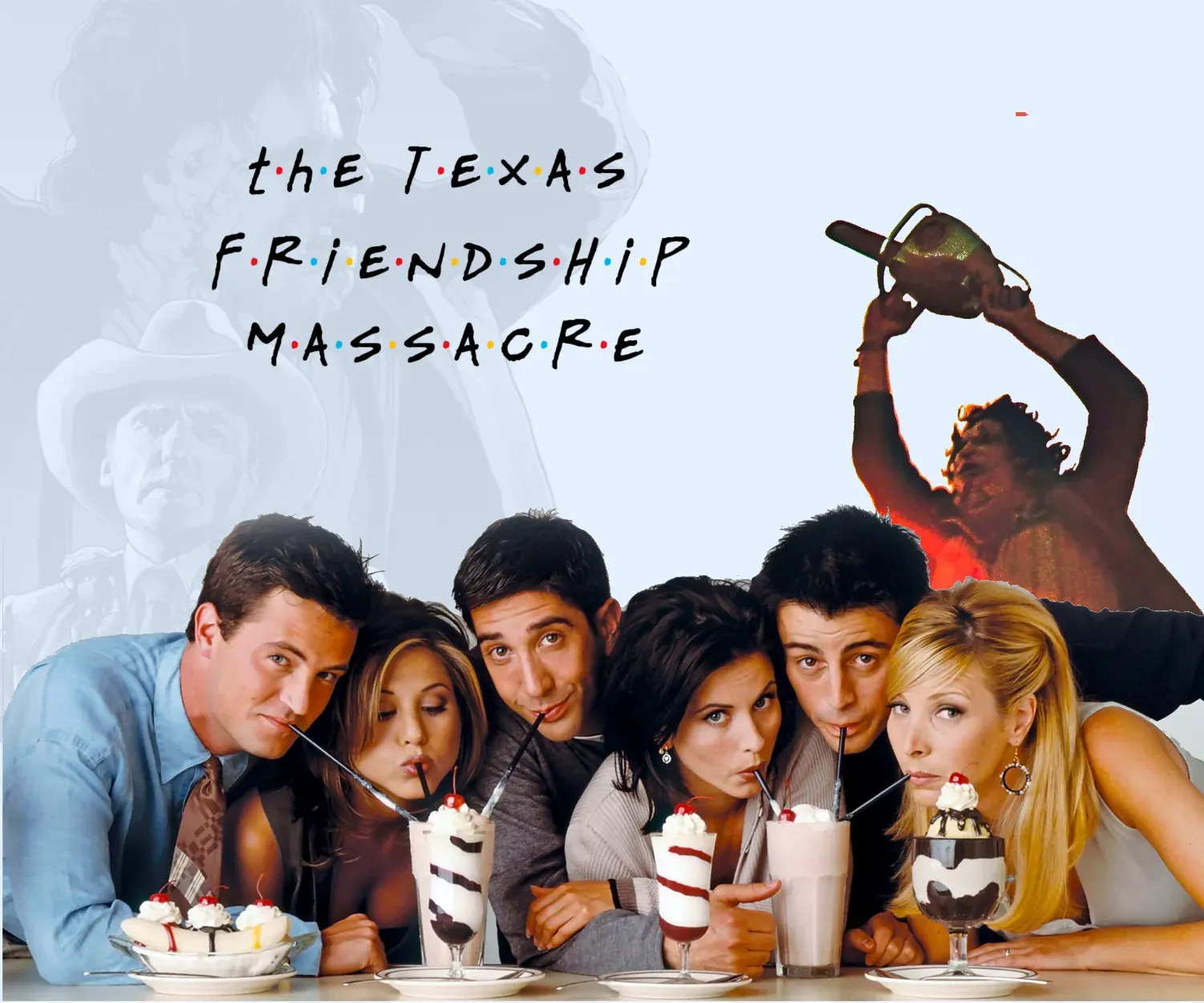
Slightly longer version:
🇷🇺 друг /drug/ friend
👇🏼
🇷🇺 дружба /druzhba/ friendship
👇🏼
🇷🇴 drujba /druzhba/ chainsaw
What happened here? Druzhba (Дружба) is a Soviet chainsaw brand. During the USSR times it became adopted in Romanian to mean a, any chainsaw.
We call words or phrases like this generic trademarks (or proprietary eponyms if you want to sound less... generic). Compare this with Kleenex, or Jet Ski. Iranians call eye mascara rimel (ریمل), Polish speakers call sneakers adidasy (plural or Adidas).
Interlude: a video of someone restoring an old Soviet friendship:
End of the interlude.
Friendship is a lie
The word drug/druh still exists in many Slavic languages, e.g. in Polish:
| word | meaning |
|---|---|
| druh | boyscout, (archaic) friend |
| drużyna /druzhina/ | team |
| drużba /druzhba/ | best man |
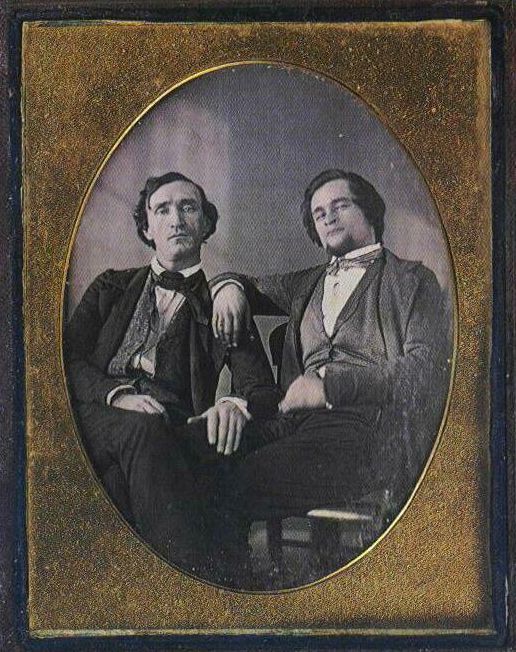
druhowie (friends), source
We can trace the roots of druh back to the Proto-Balto-Slavic and even Proto-Indo-European language families. I'll use Polish as an example because I'm more familiar with it than with Russian, but this graph will look similar for most Slavic languages:
Proto-Indo-European *dʰrewgʰ-
👇🏼
Proto-Balto-Slavic *draugás
👇🏼
Proto-Slavic *drugъ
👇🏼
Old Czech druh
👇🏼
Polish druh
The Proto-Indo-European *dʰrewgʰ- is interesting because there are two etymologies associated with:
*dʰrewgʰ — to serve one's tribe or loyal
and
*dʰrewgʰ — to deceive, to mislead (!)
*dʰrewgʰ — to deceive, to mislead is also the root of the words like the English dream or German Traum. It still exists in a very similar form in modern Persian, where دروغ
/doruq/ means a lie.
Zoroastrianism, a highly dualistic religion with purity, honesty and truthfulness among its core tenets uses druj (an older Avestan form of the same word) to refer to:
- the opposite of Asha (the force of good, order)
- a category of female demons (e.g. druj nasu, Demon of Decay)
The * at the beginning of the word signals that it is a reconstruction. We don't know for sure how these words sounded, but we have a rough idea thanks to the comparative method. I find it funny that deception and friendship sound so similar, but I'm aware that this not a pharmakon , but just a linguistic pitfall.
Summary
Studying etymology is a bit like talking to a LLM — there's a big change you might fall for some plausible sounding, truth-shaped bullshit. For instance *dʰrewgʰ — loyal is often associated with troop. And, that intuitively makes sense. I want to believe that it is correct, but after checking the sources I learned that I tricked myself into believing that.
That's all for now, see you tomorrow!
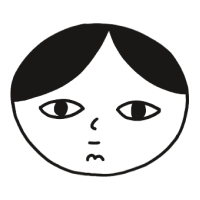 Did you enjoy reading this article? Consider
Did you enjoy reading this article? Consider 